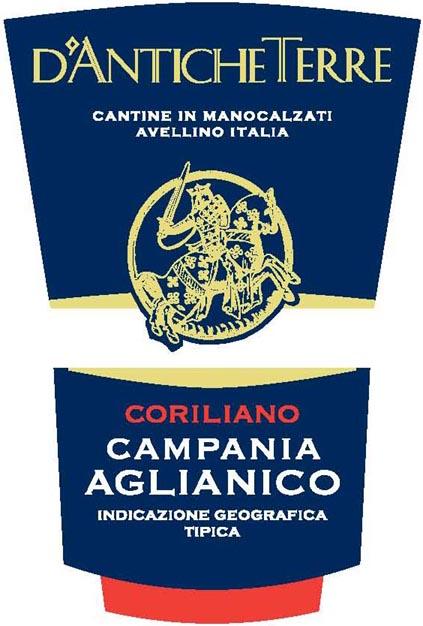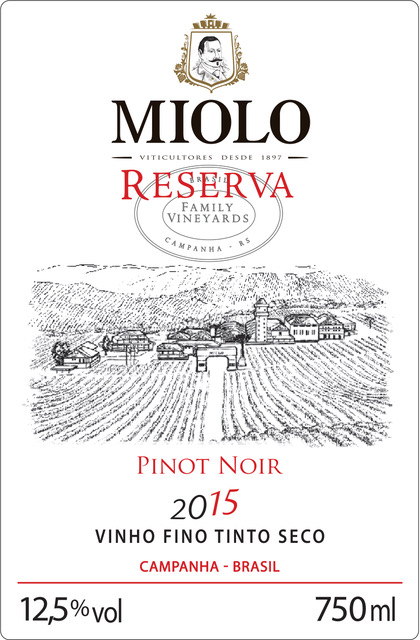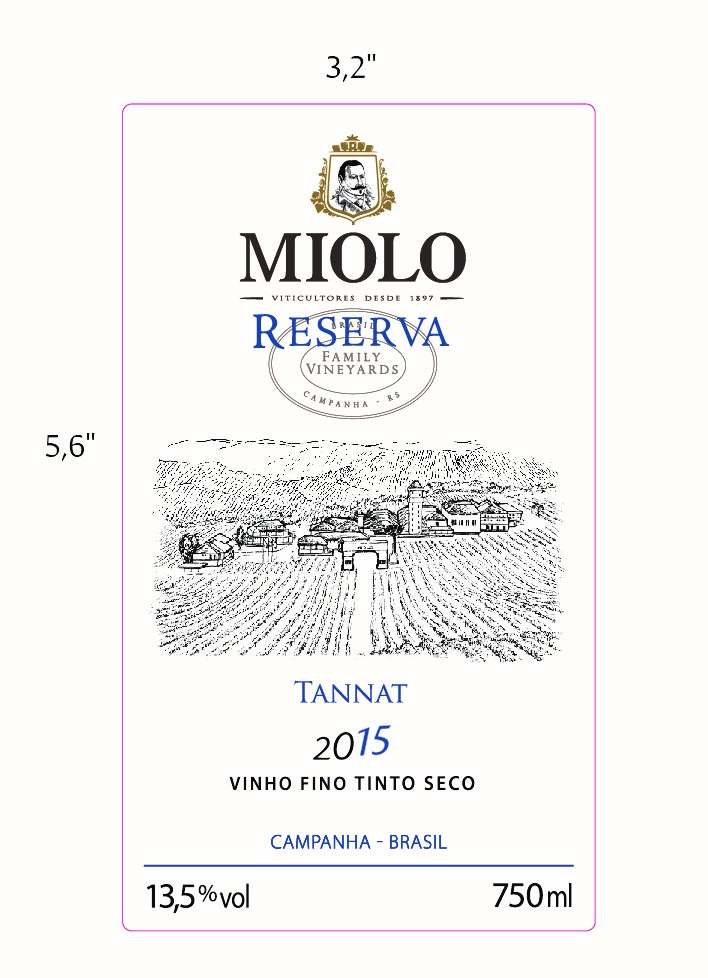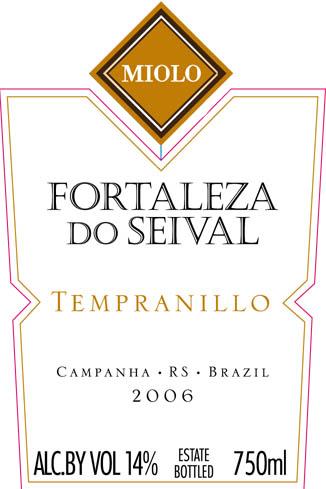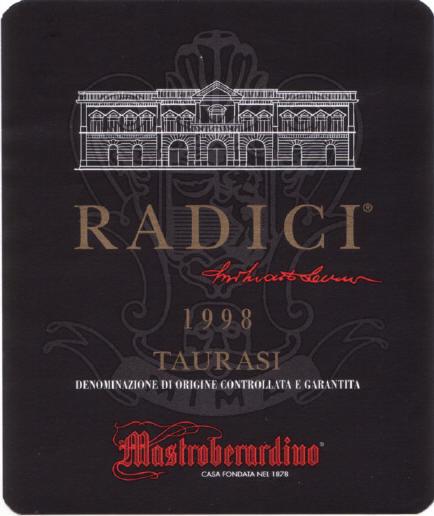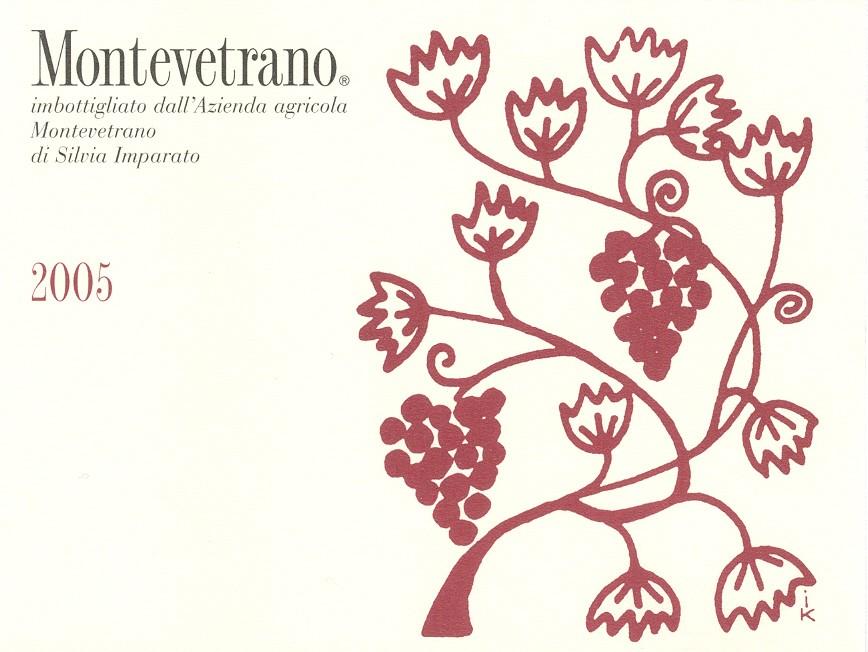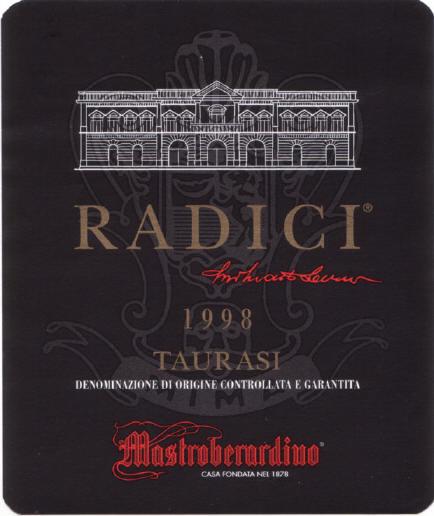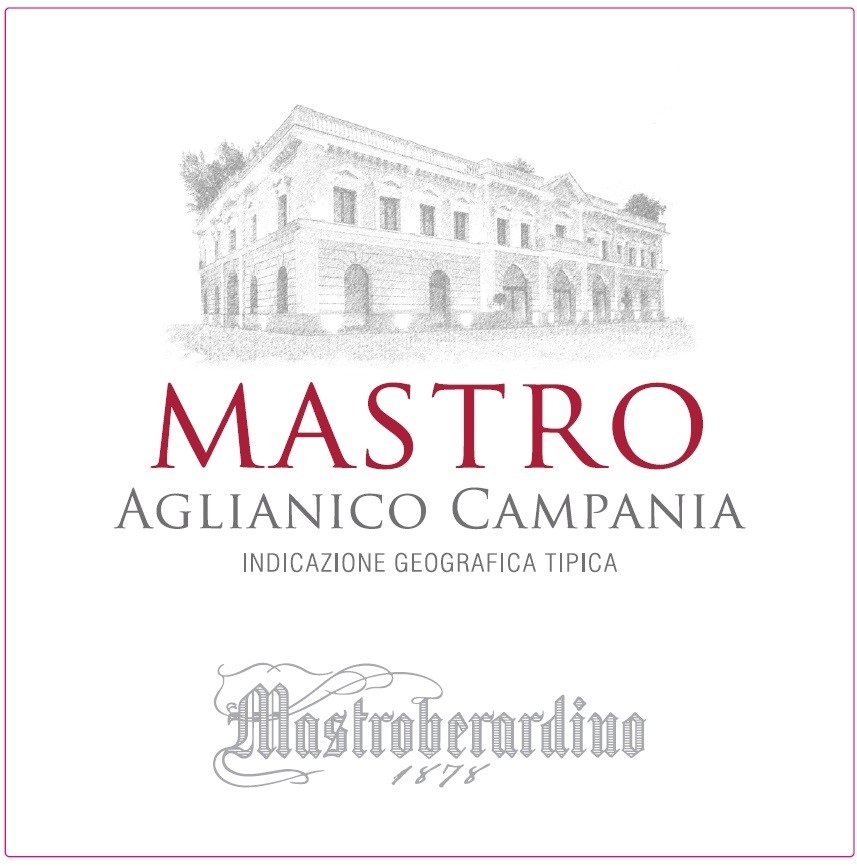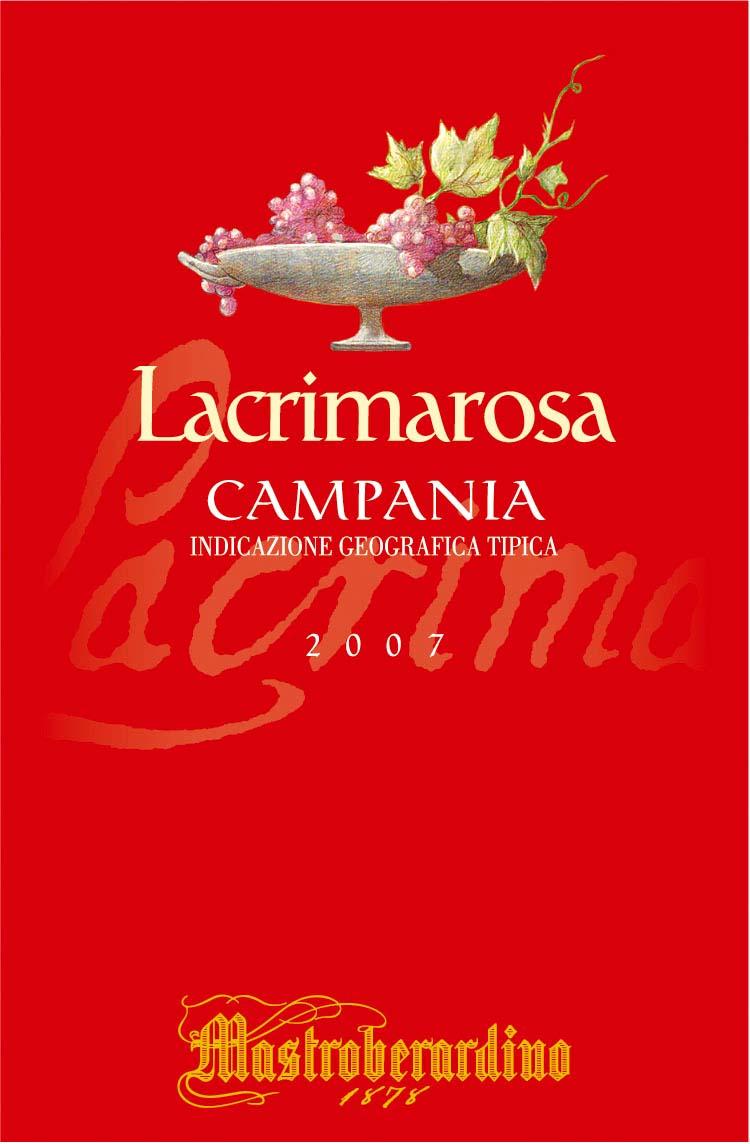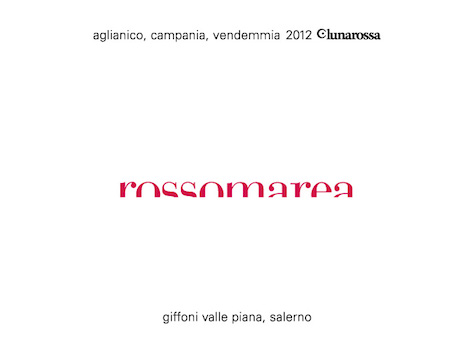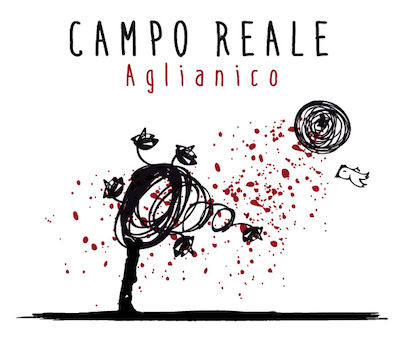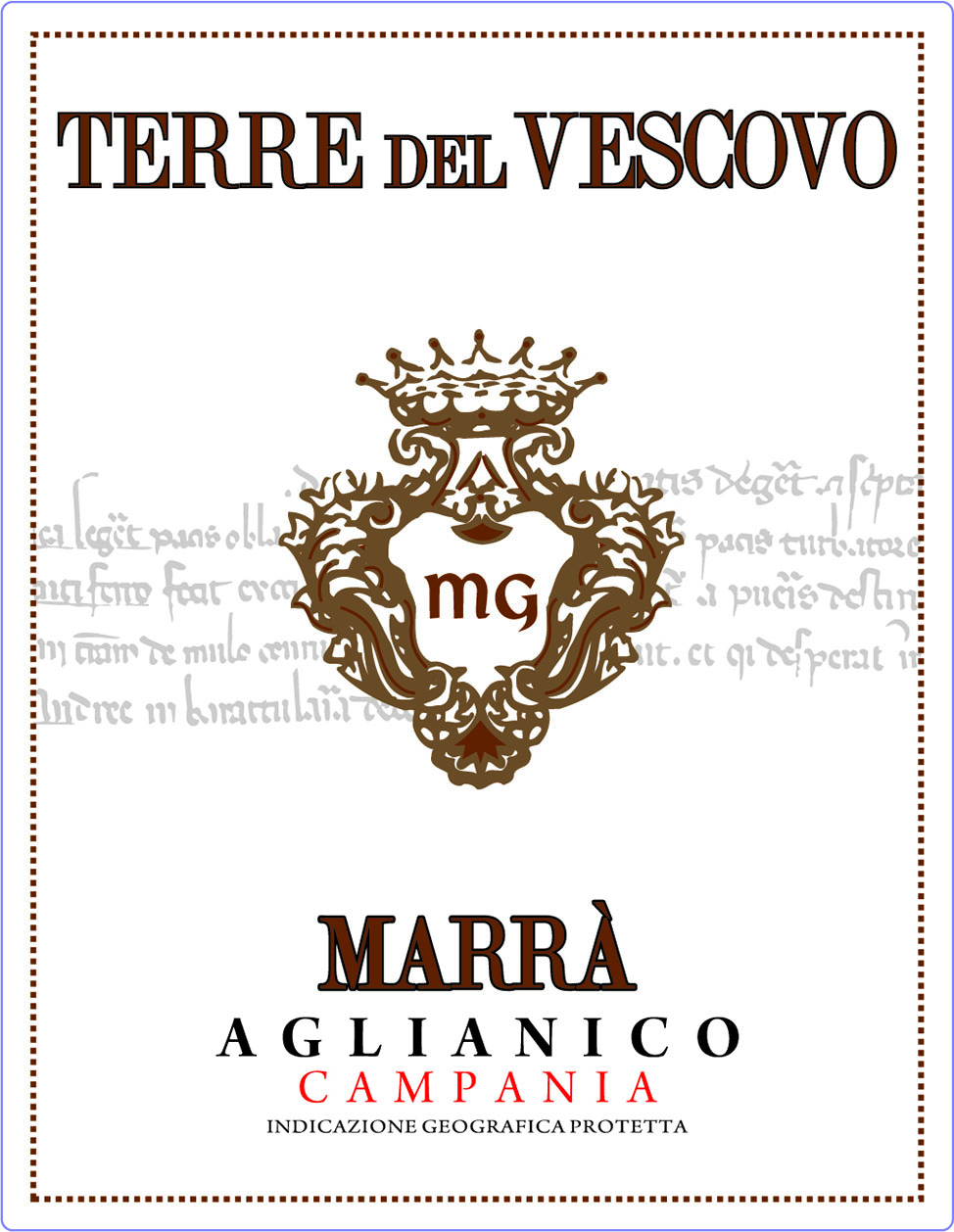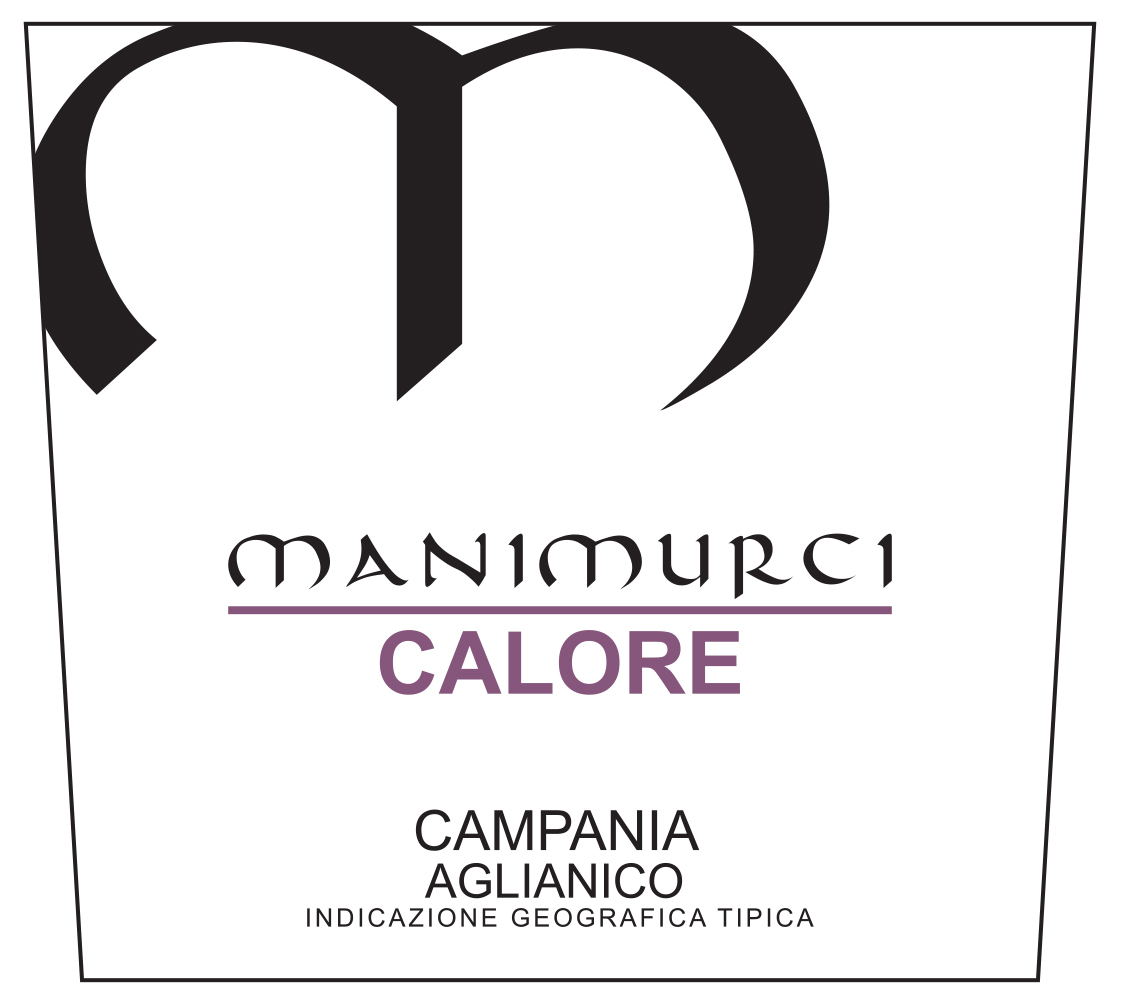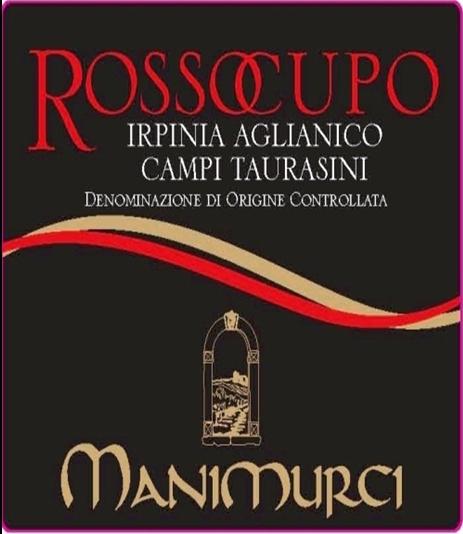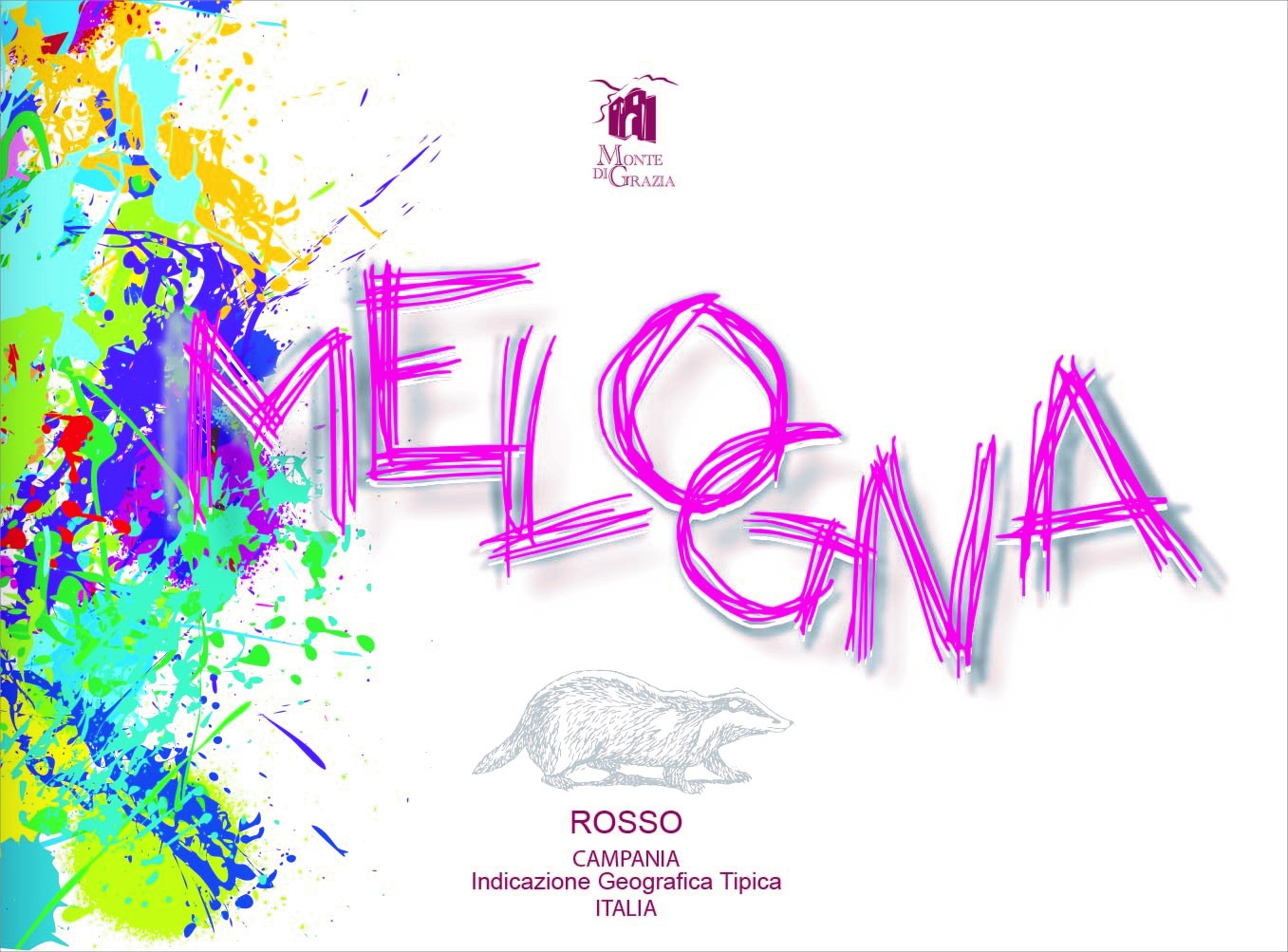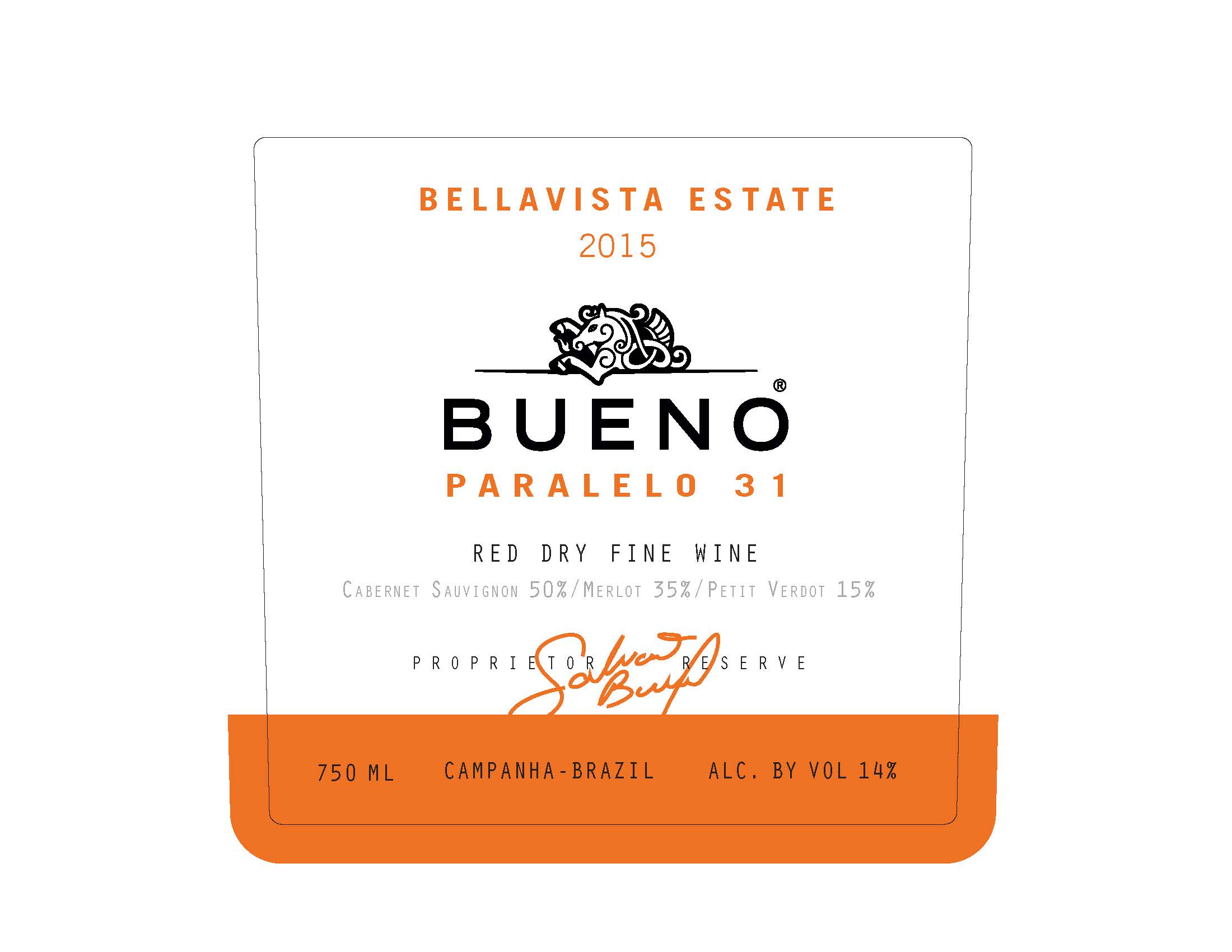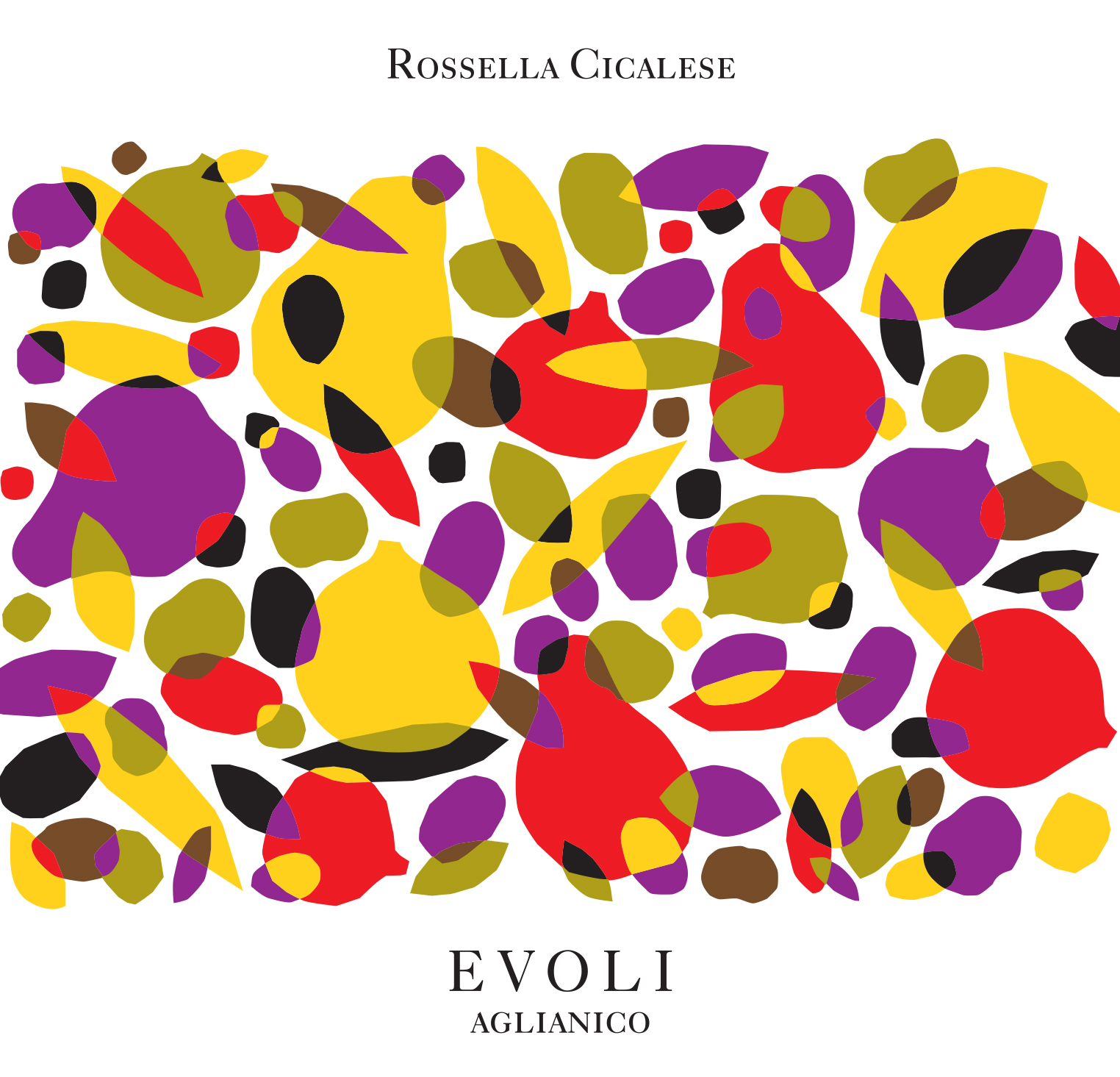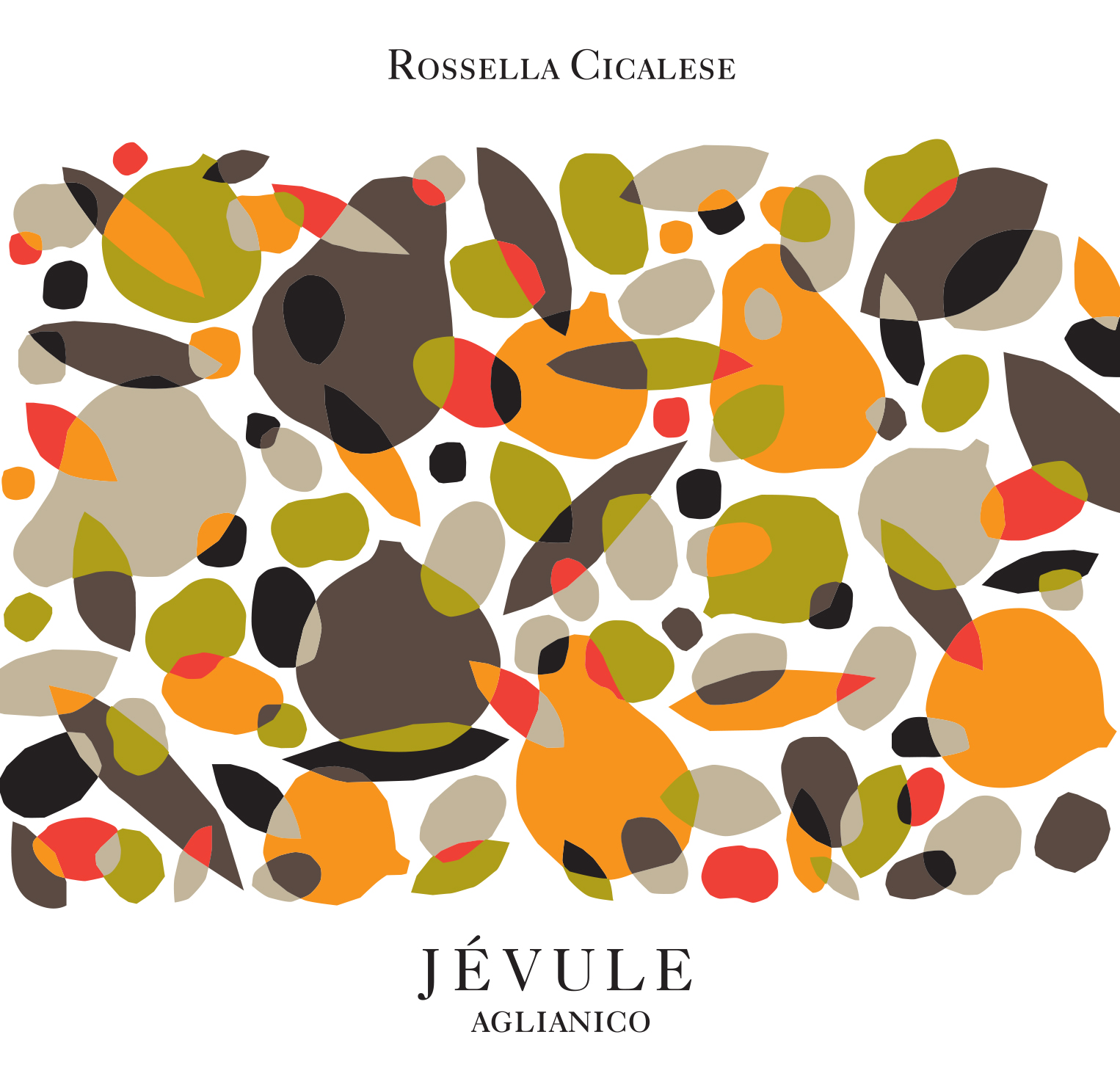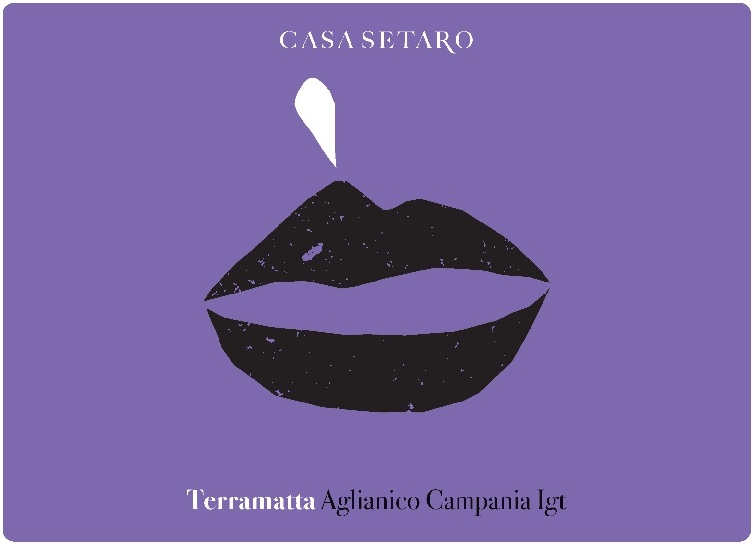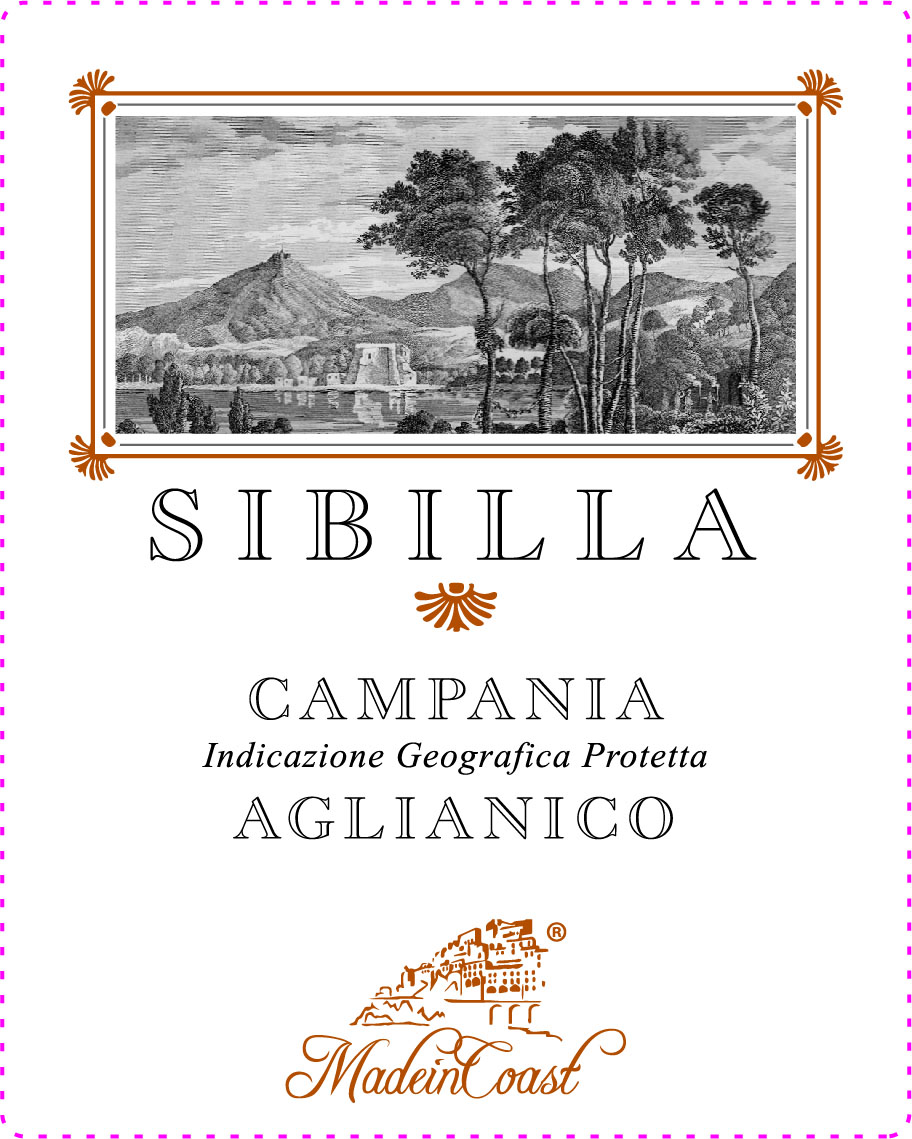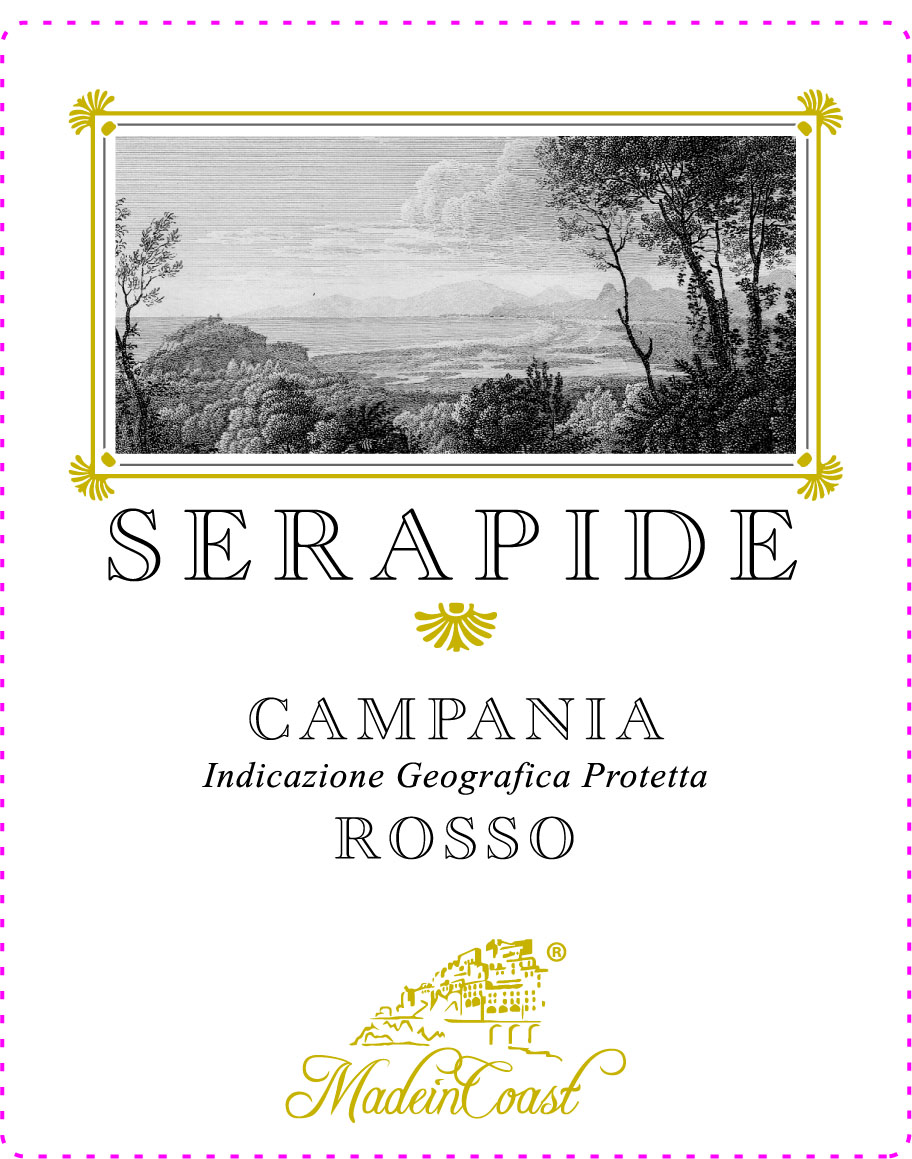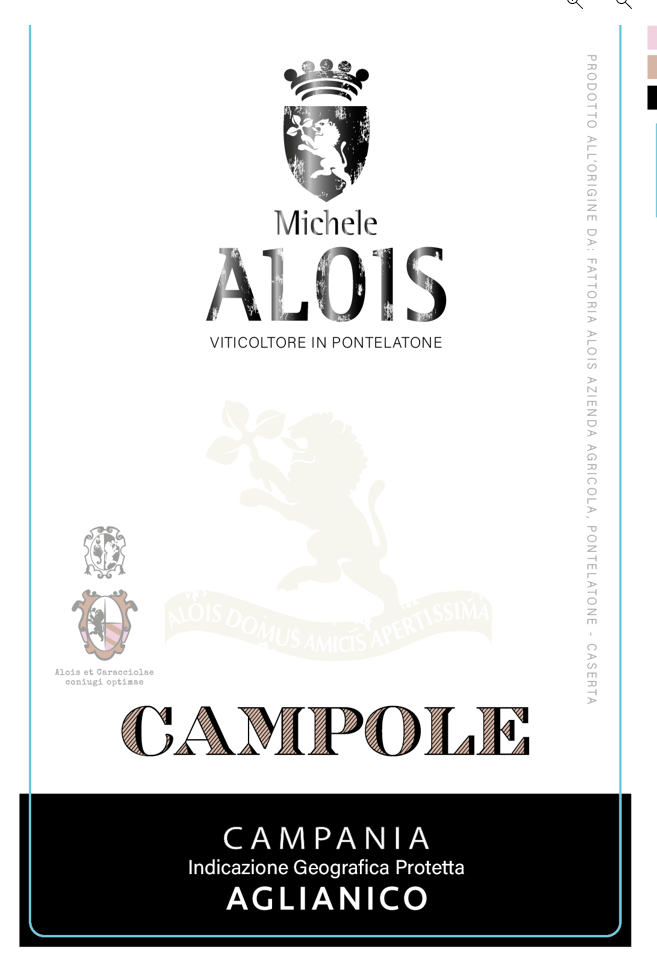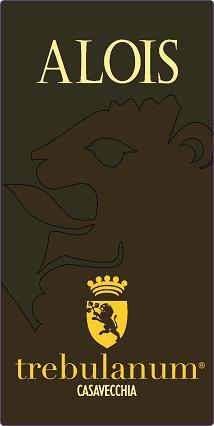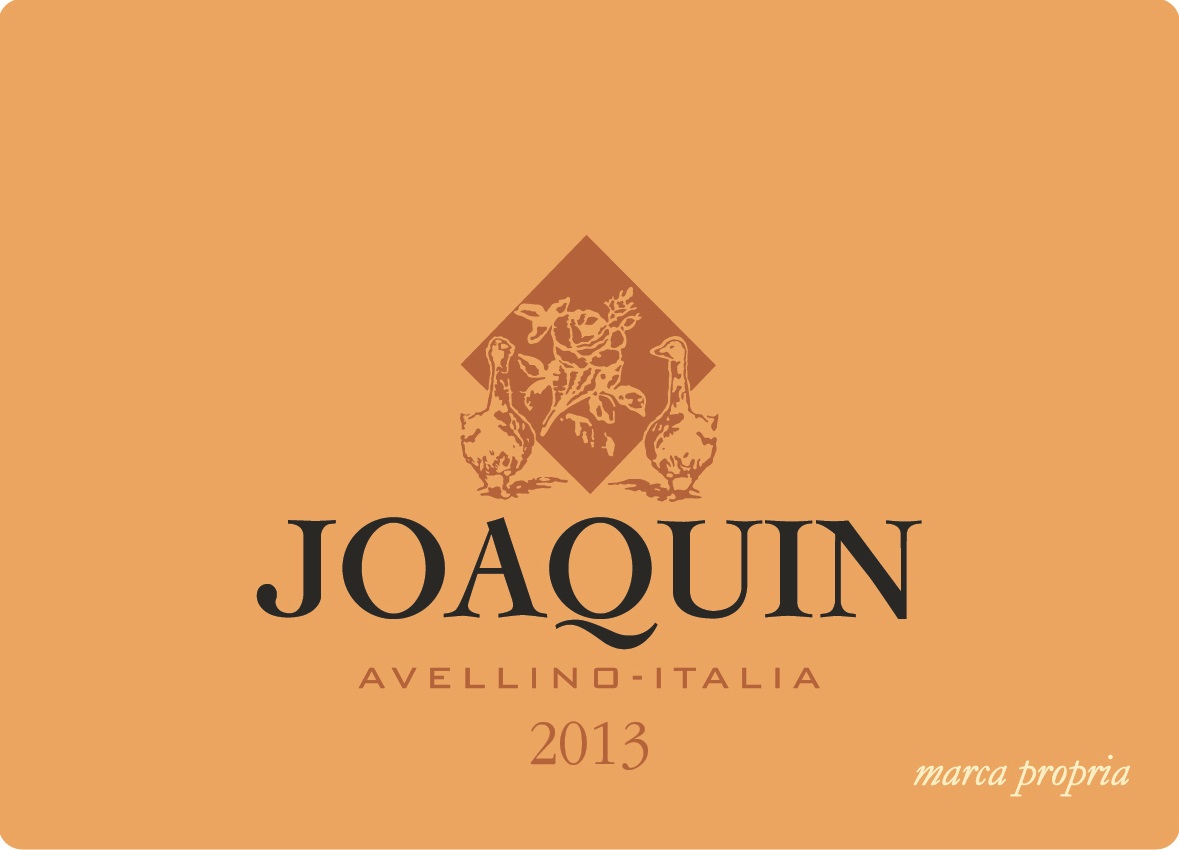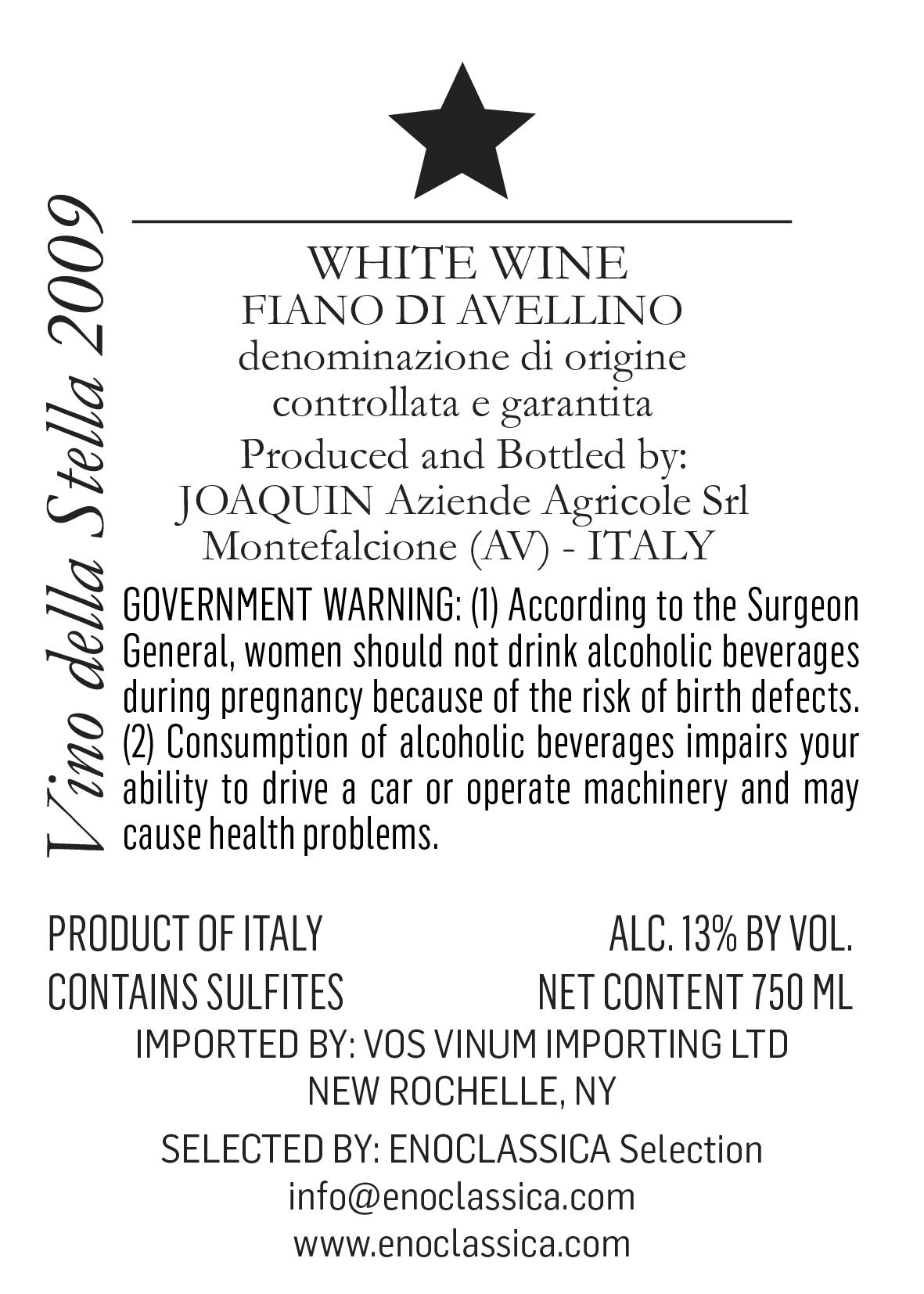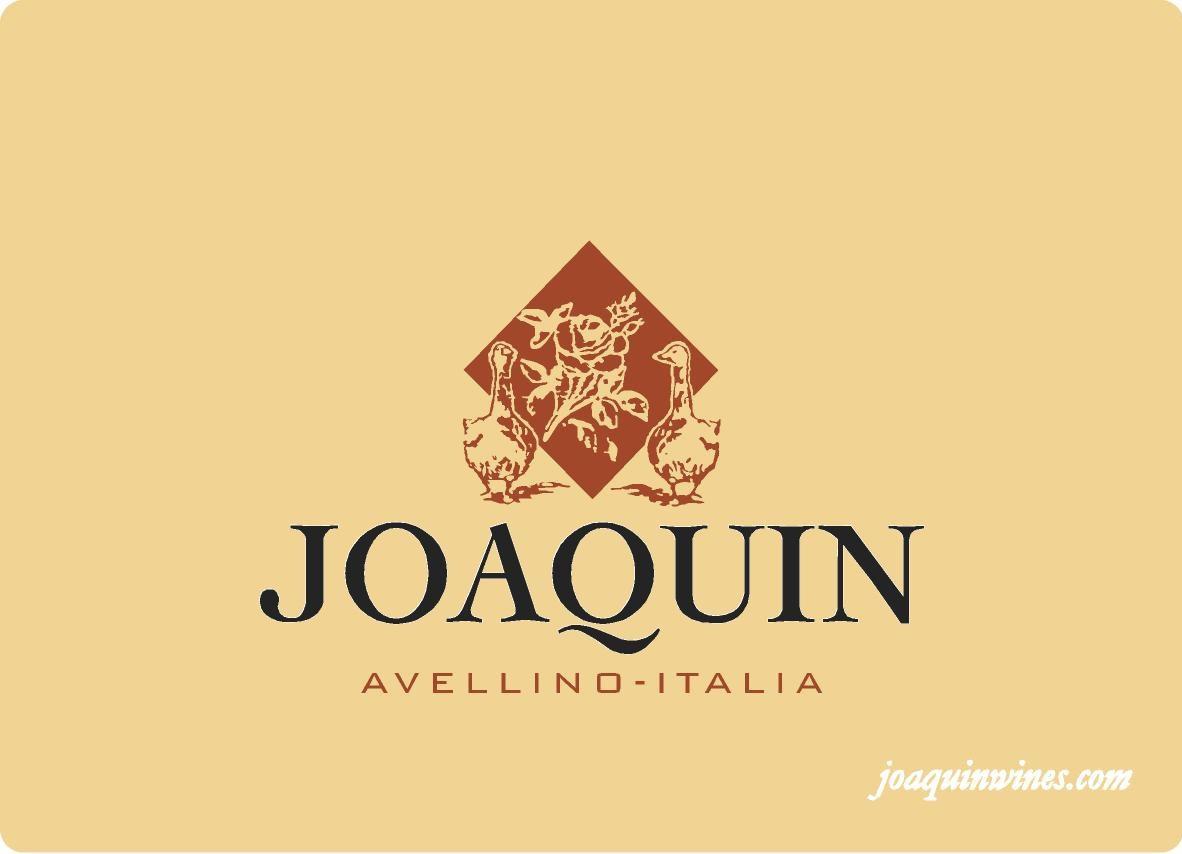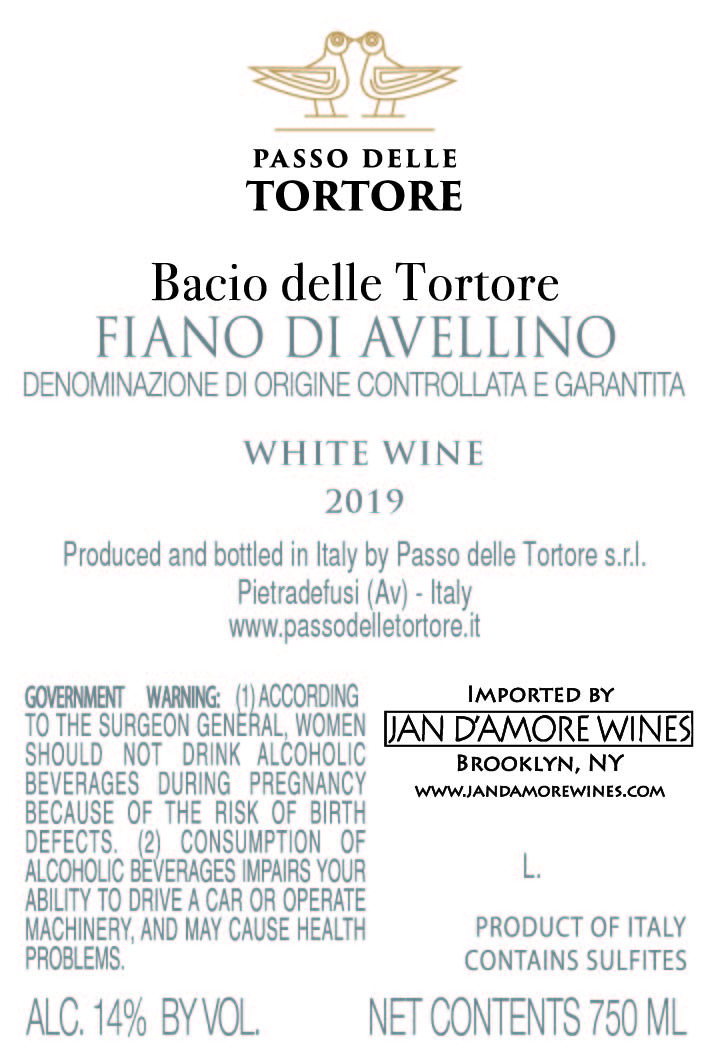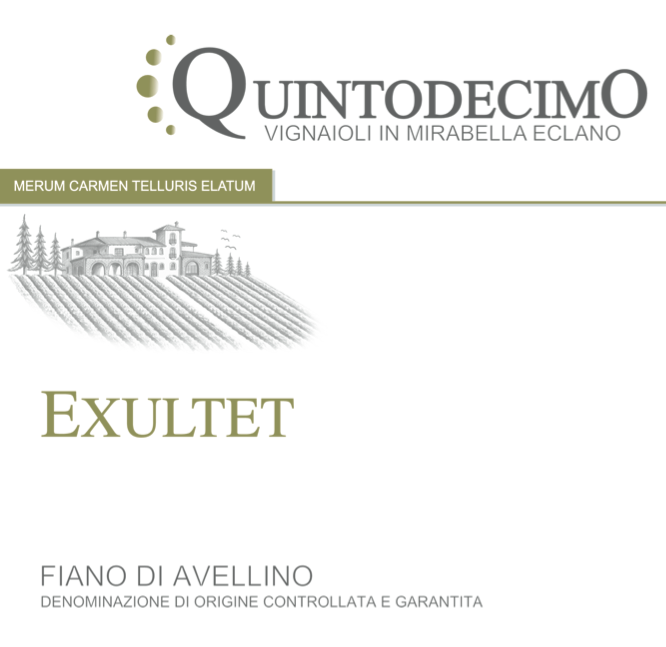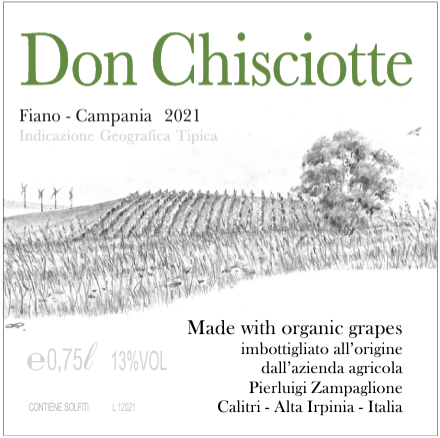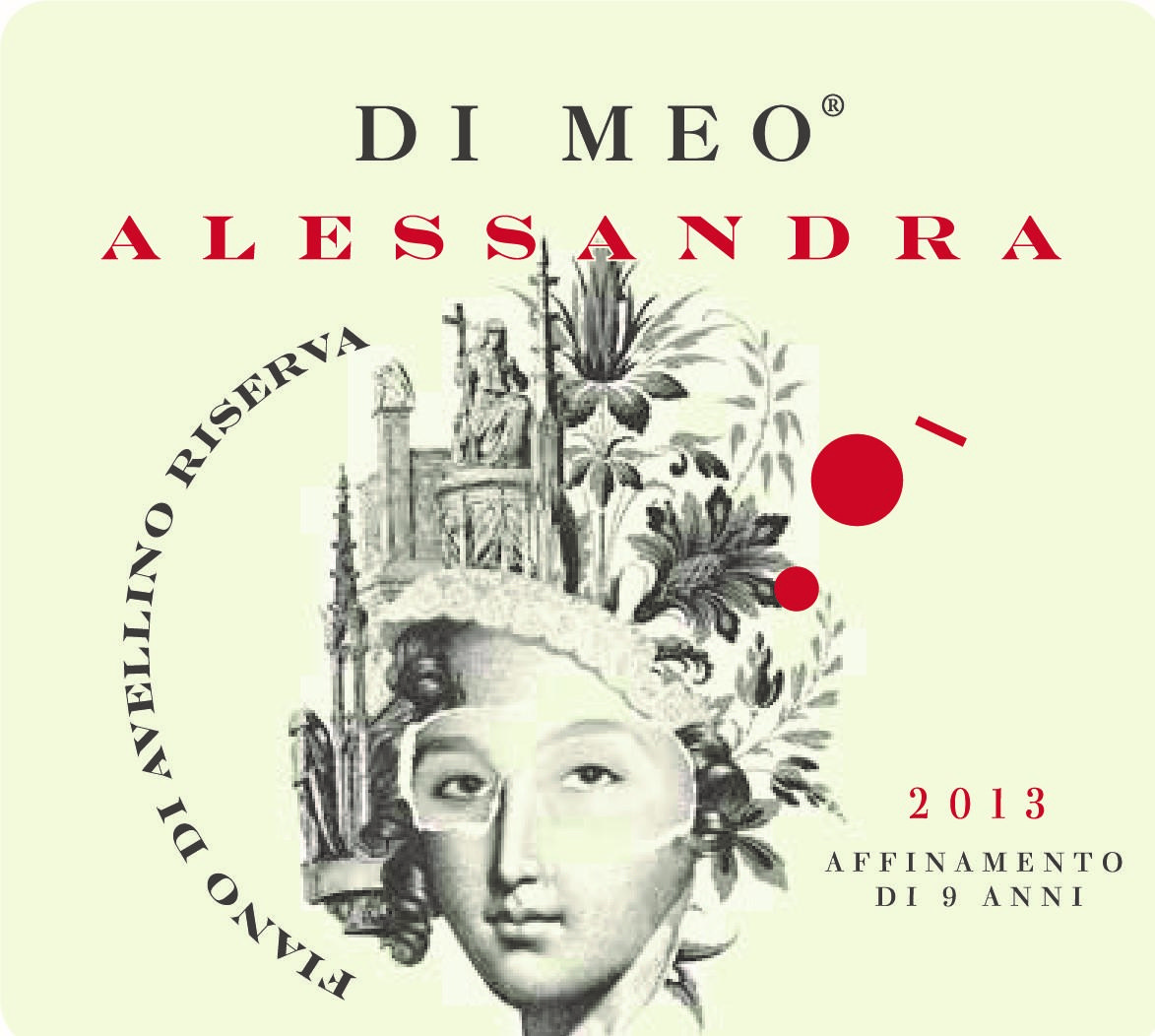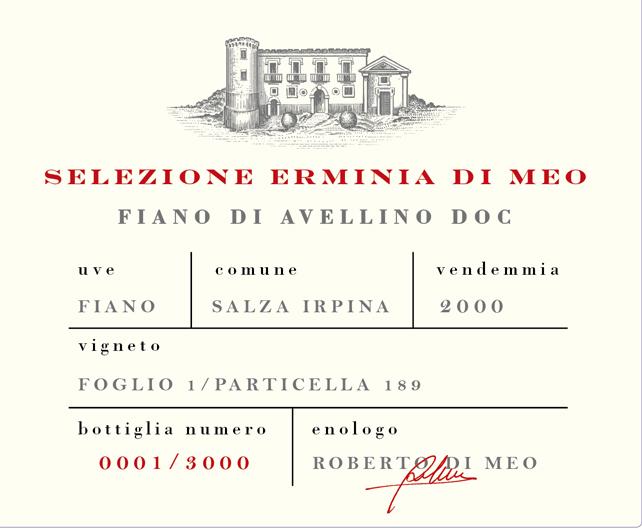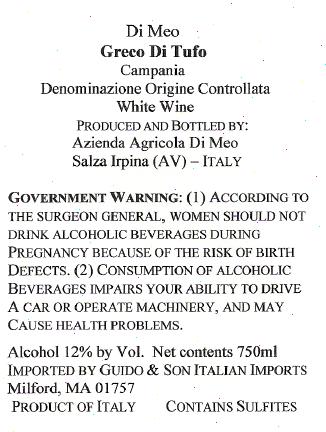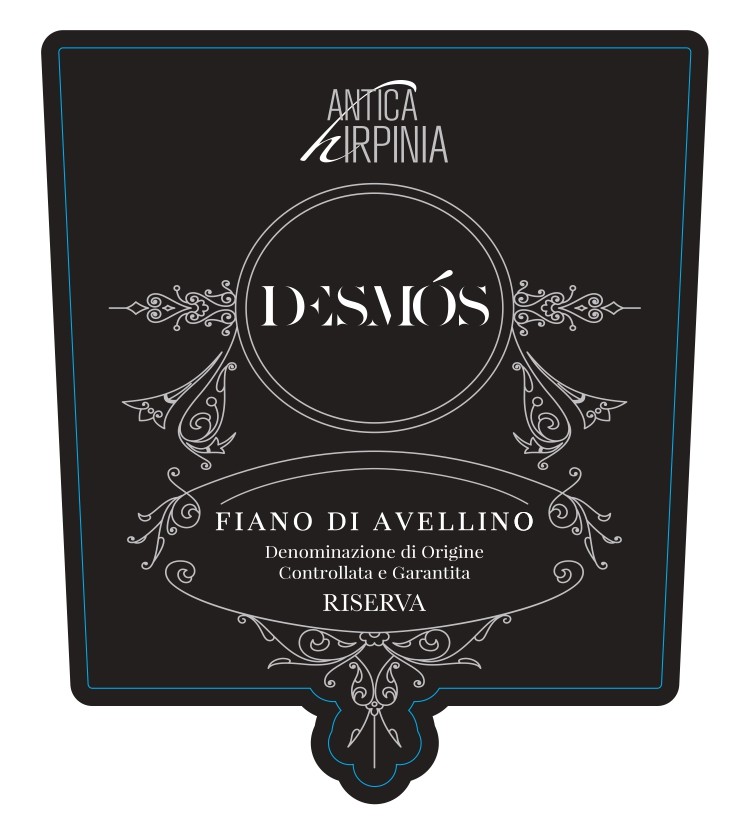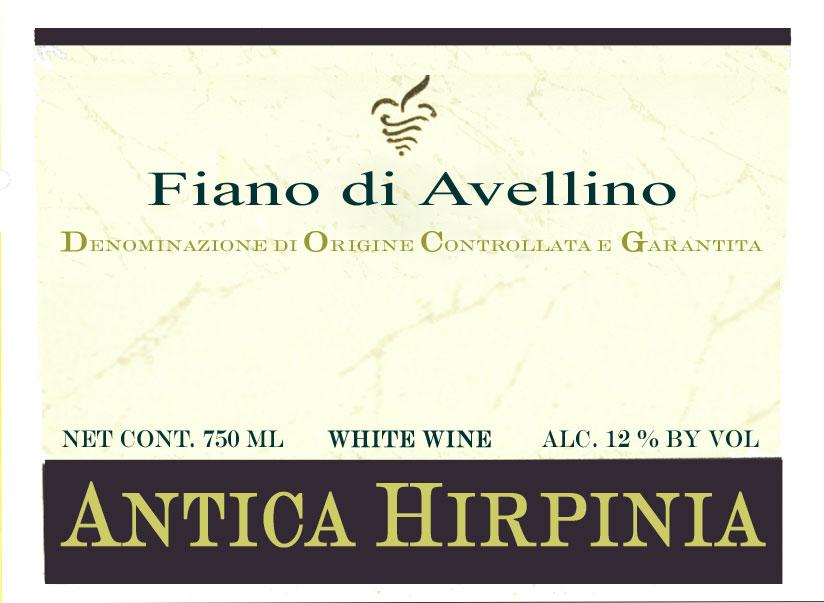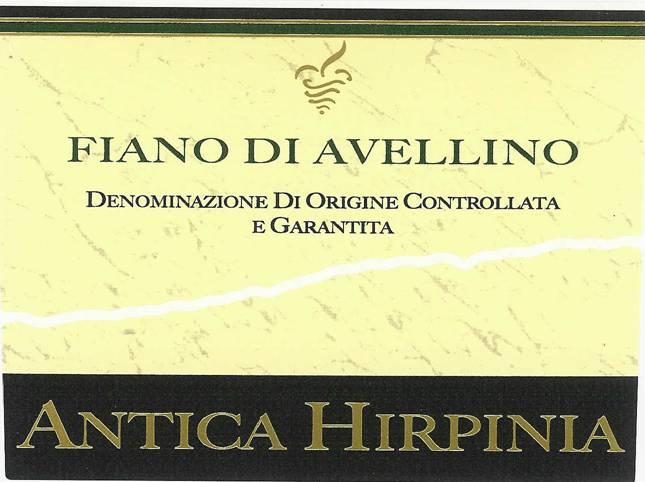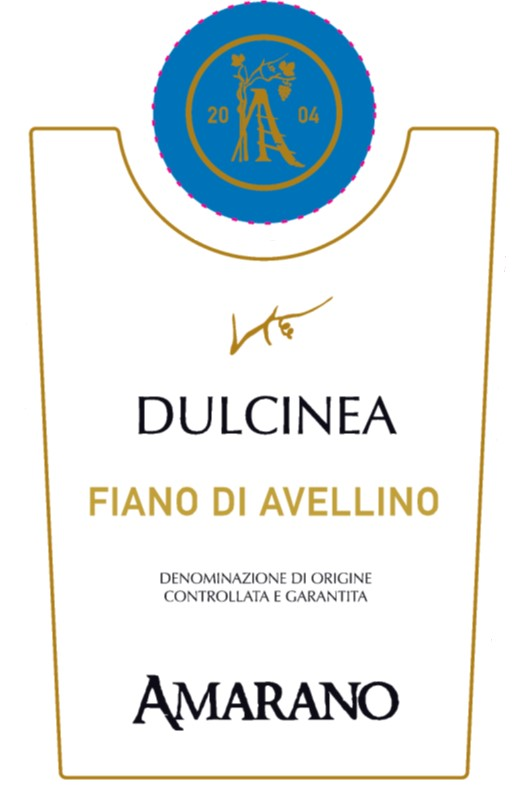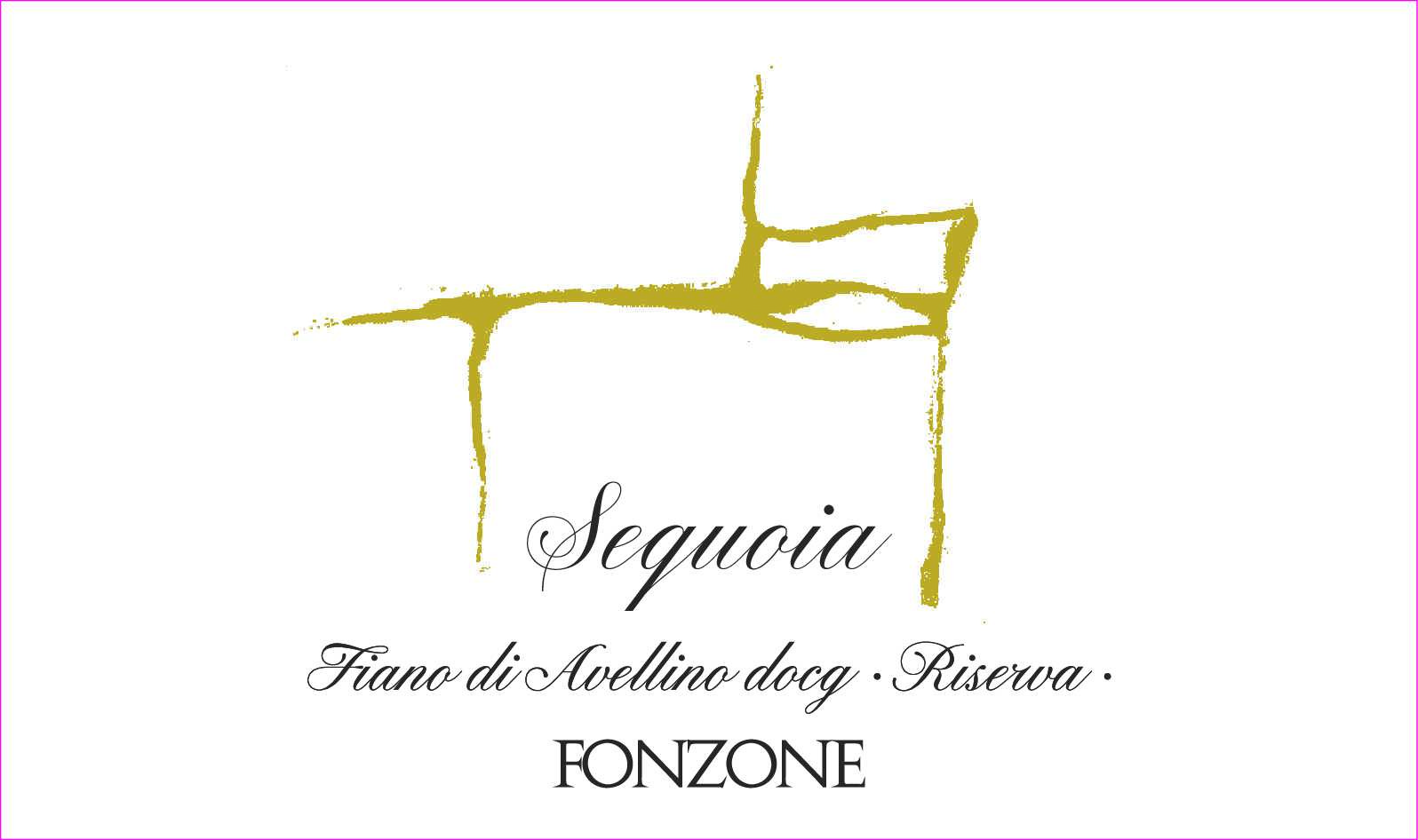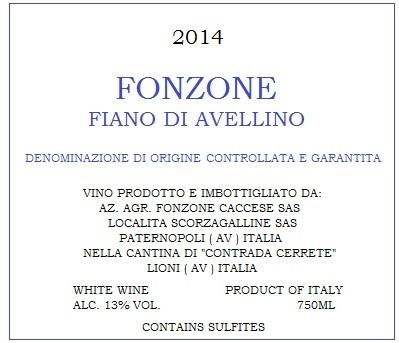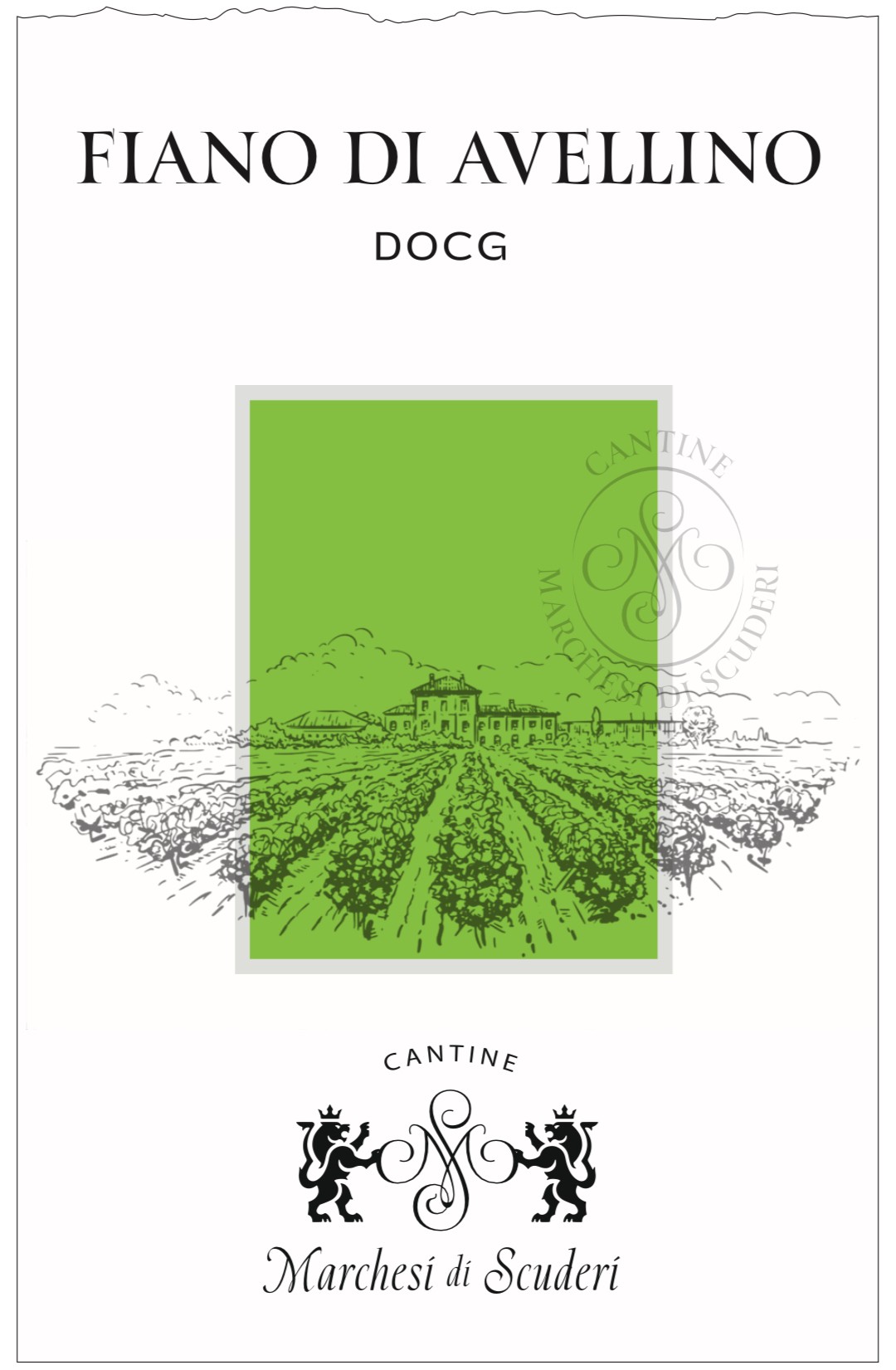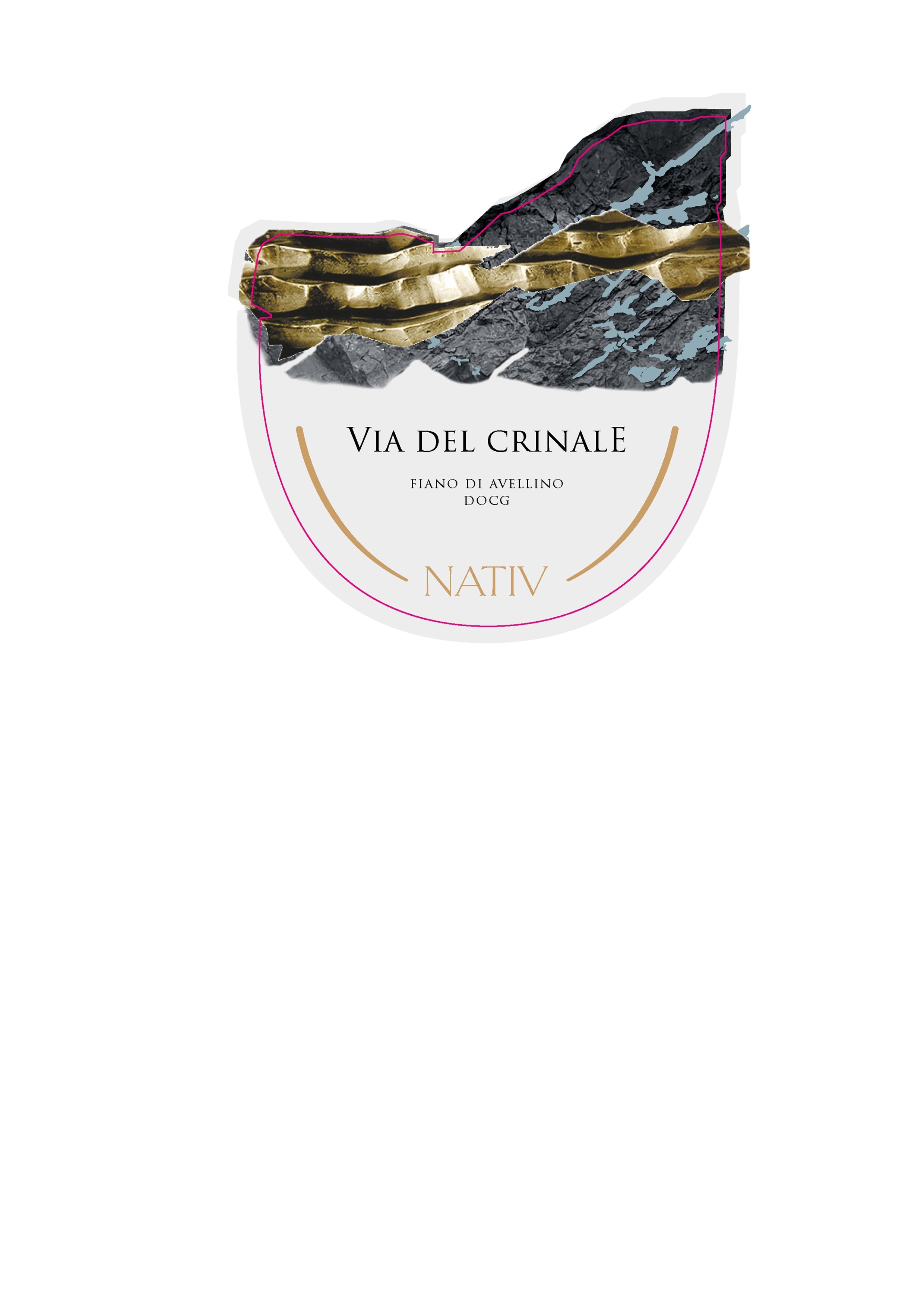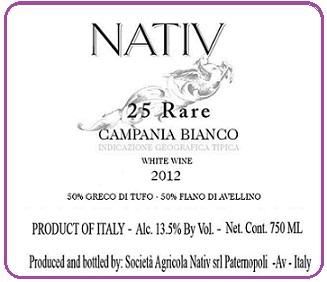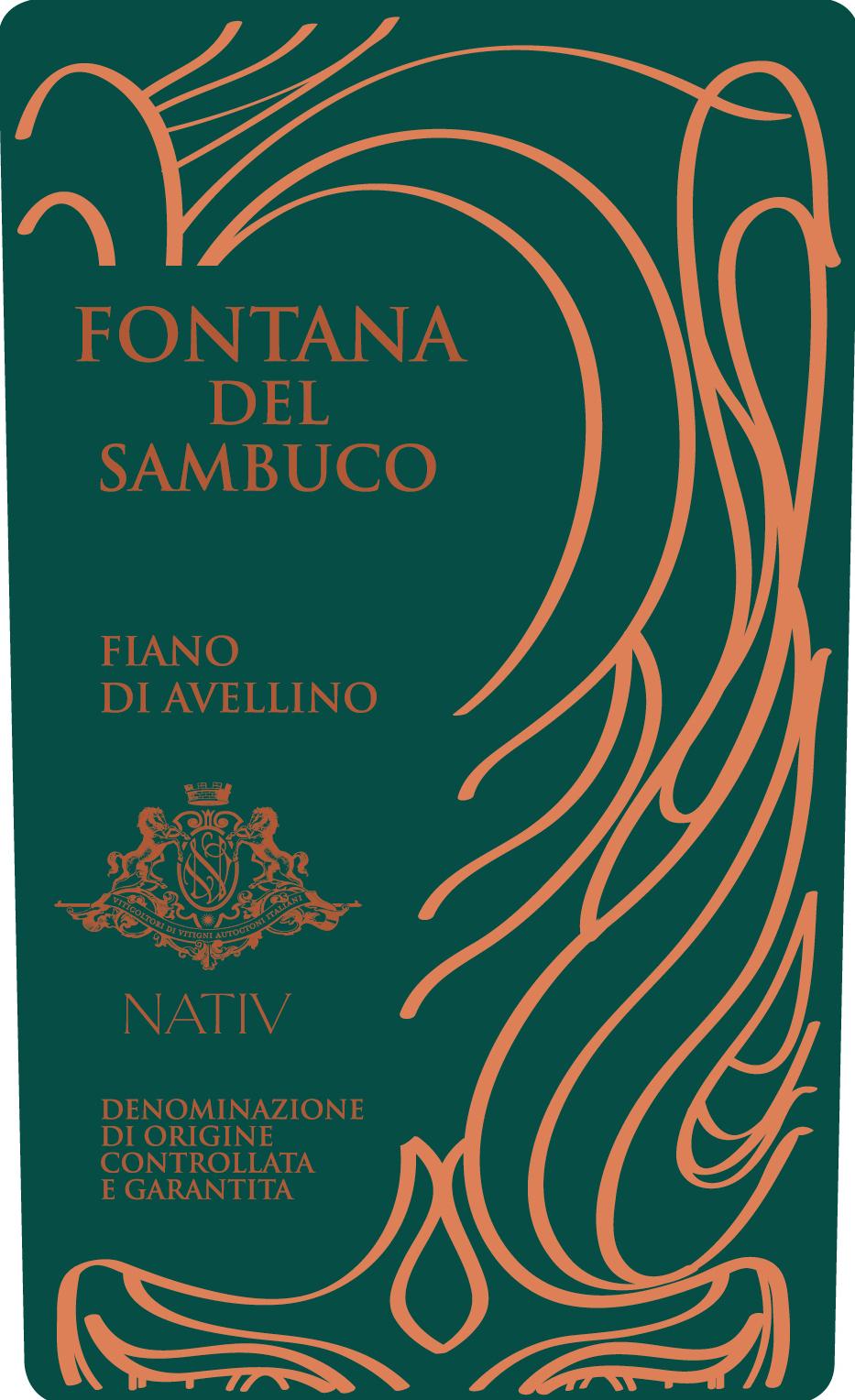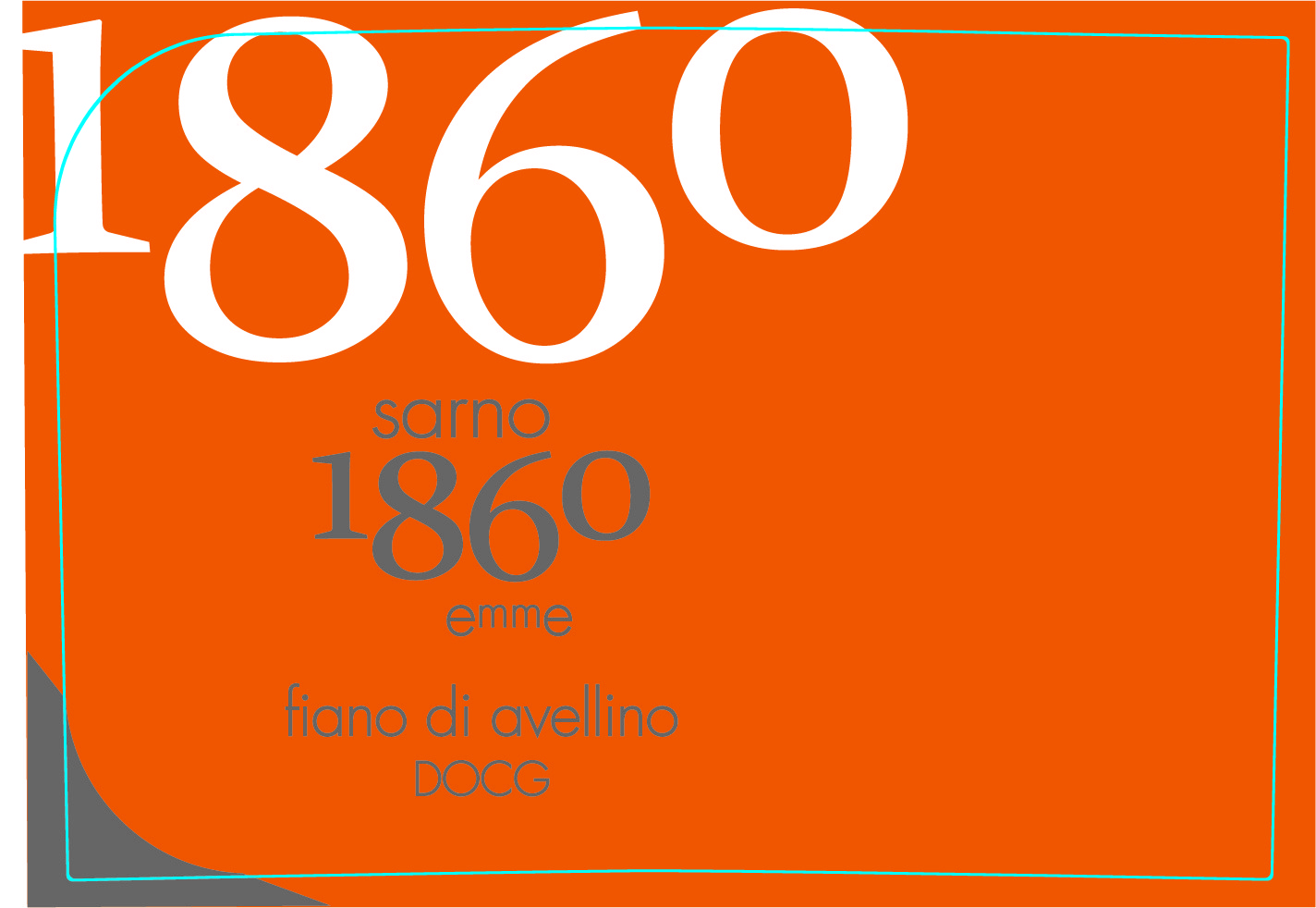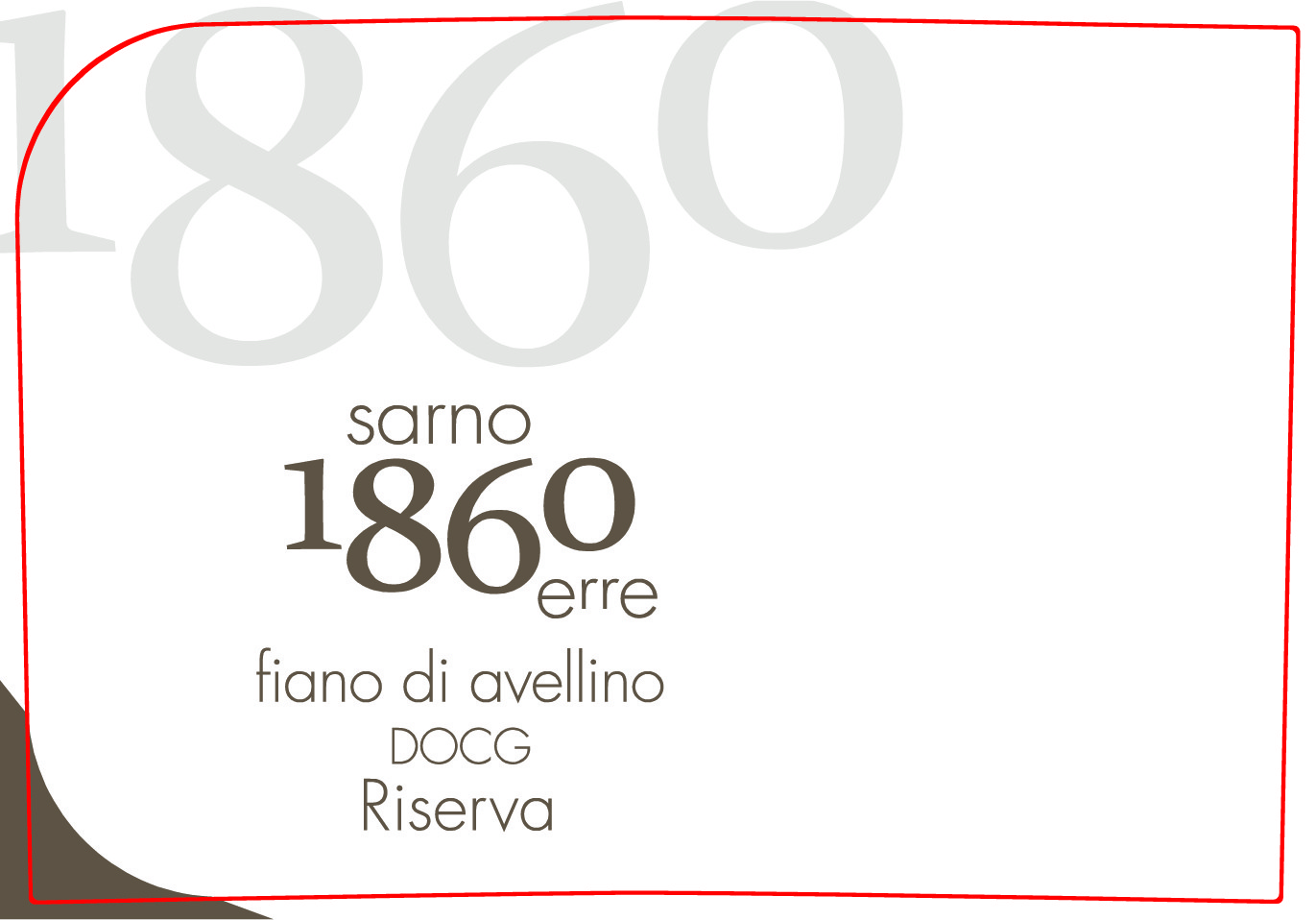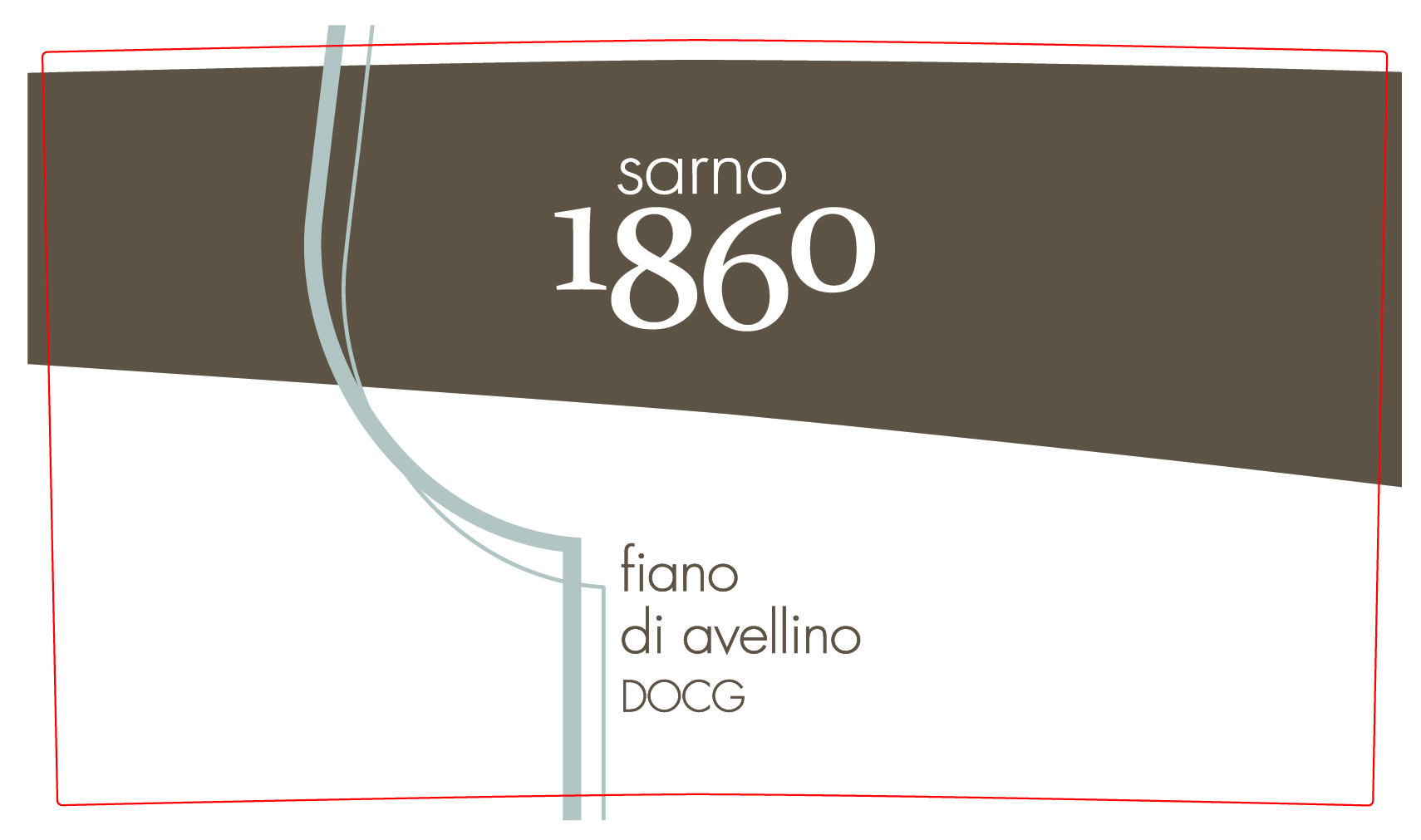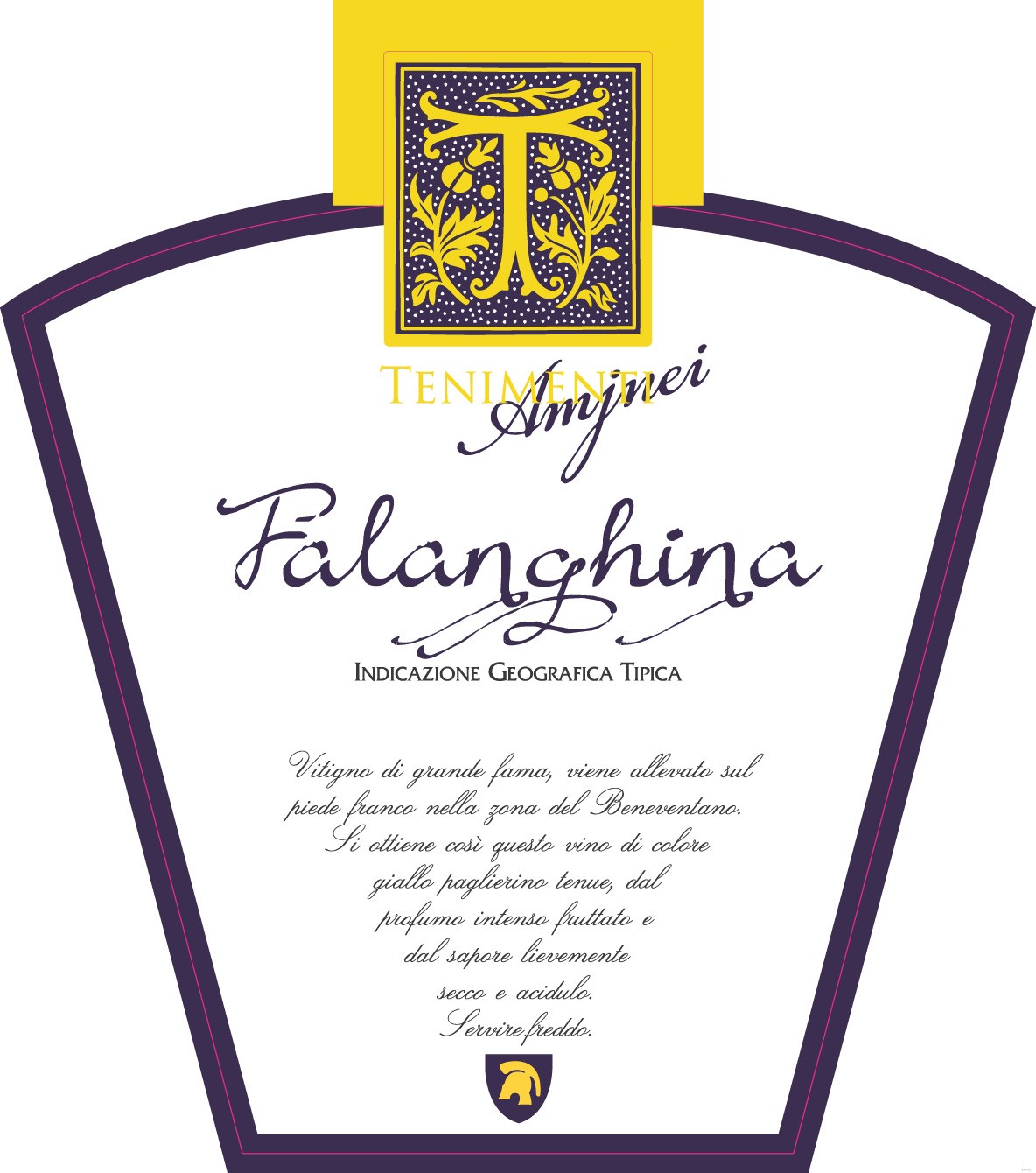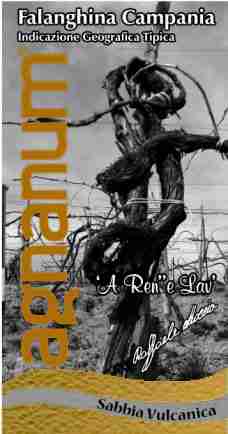Terroir of Campania
Campania's terroir is a vibrant tapestry shaped by its diverse landscapes, from the towering Apennines to the sunlit volcanic coasts. This region benefits from a mix of volcanic soil, limestone, and clay, offering a unique minerality that defines its wines. The climate varies across its zones, with the mountainous Irpinia enjoying warm days and cool nights, perfect for developing aromatic whites like Fiano and Greco. Coastal areas, such as Vesuvius and Campi Flegrei, experience a Mediterranean climate with cooling sea breezes that enhance the saline and mineral notes in wines.
Inland, Sannio's rolling hills benefit from moderate temperatures and clay-limestone soils, ideal for Aglianico and Falanghina. Meanwhile, the dramatic cliffs of the Amalfi Coast and islands provide intense sun exposure and cooling sea air, producing wines with savory, saline flavors. This complex interplay of climate and soil crafts Campania's distinctive wine character.
Notable Wineries in Campania
Campania’s wine scene is a blend of tradition and innovation, with notable wineries driving its resurgence. Here are some key players:
-
Mastroberardino: A historic estate preserving ancient grape varieties like Fiano and Aglianico, known for its Radici Taurasi and the unique Villa dei Misteri from Pompeii.
-
Feudi di San Gregorio: A modern icon in Irpinia, celebrated for its architectural winery and sustainable practices, producing Serpico Aglianico.
-
Quintodecimo: Focused on single-vineyard expressions in Irpinia, with standout wines like Exultet Fiano and Vigna Quintodecimo Taurasi Riserva.
-
Marisa Cuomo: Practicing heroic viticulture on the Amalfi Coast, famous for Furore Bianco Fiorduva, capturing the essence of coastal terroir.
Sustainable Winemaking in Campania
In Campania, sustainable winemaking is deeply linked to the region's ancient traditions and diverse landscapes. This area's commitment to preserving its unique environmental and cultural heritage is evident in the widespread adoption of organic farming and biodiversity protection. The mineral-rich volcanic soils and Mediterranean climate provide ideal conditions for organic and biodynamic practices, particularly in Irpinia and Sannio. Here, winemakers prioritize soil health and ecological balance, often employing native yeasts and traditional methods like aging in amphorae to highlight the grapes' authentic character.
Campania's dedication to sustainability is also reflected in its role as a guardian of grape diversity, cultivating ancient varieties such as Aglianico, Fiano, and Greco. The region's heroic viticulture, especially on the Amalfi Coast's steep terraces, exemplifies a profound respect for the land, showcasing how sustainability is not an add-on but an intrinsic part of its viticultural identity.
Wine Tourism in Campania
Campania's wine tourism offers a rich tapestry of experiences, blending ancient history with modern viticulture. The region's official wine roads, such as the Strada del Vino dell'Irpinia, guide visitors through its renowned DOCG zones, showcasing top wineries and local cuisine. Campania's vibrant terroir, from volcanic soils to coastal breezes, shapes wines like the bold Aglianico and aromatic Fiano.
Beyond tastings, unique activities such as archaeological wine tours and scenic vineyard walks enhance the cultural immersion. With its commitment to sustainability, Campania preserves its grape diversity and employs eco-friendly practices, making it a model for responsible wine tourism. The region's diverse landscapes and climate create ideal conditions for both traditional and innovative winemaking, ensuring a memorable exploration for wine enthusiasts.



